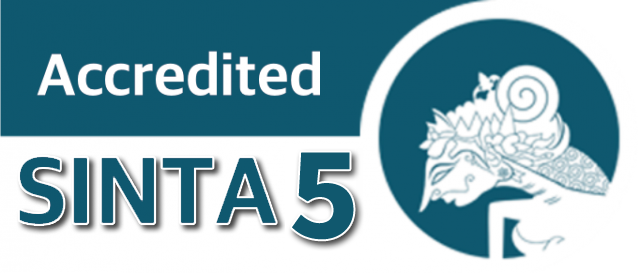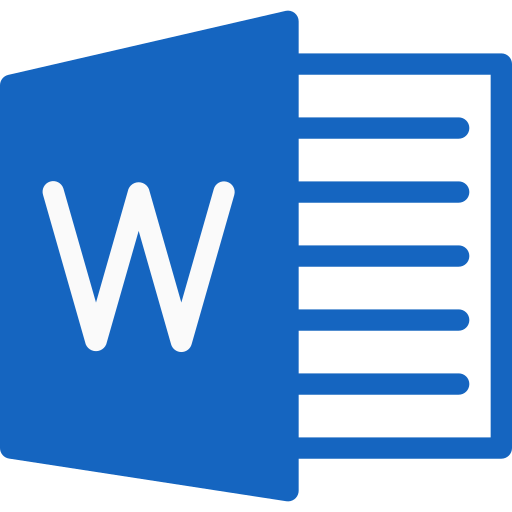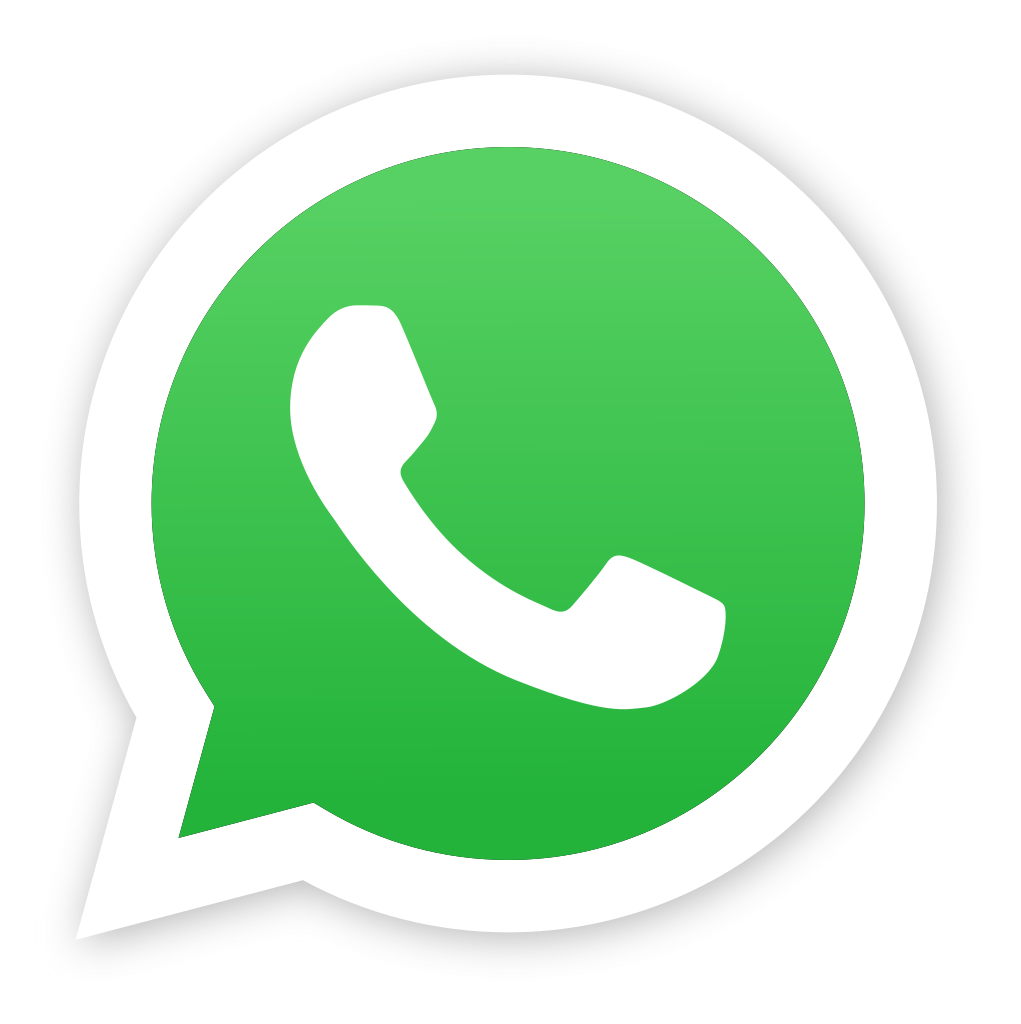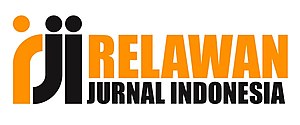Enhancing Digital Literacy for Young Learners: Pengenalan Teknologi Digital dan Bahasa Inggris untuk Siswa PAUD dan TK
DOI:
https://doi.org/10.35960/pimas.v4i1.1778Abstract
This community service program aims to enhance digital literacy among young children through interactive and educational activities. The program includes the introduction of basic technology, such as the use of computers and related devices, as well as the development of children's vocabulary through images, stories, and games. Additionally, the program focuses on improving speaking and listening skills, encouraging children to actively speak and listen attentively. The introduction of digital storytelling plays a key role in building children's imagination and fostering an interest in both technology and books. Furthermore, the program seeks to cultivate a love for reading by introducing picture books, both in physical and digital formats. Through this approach, it is expected that children will be better prepared for the digital era and develop essential skills for their daily lives
References
Blackwell, C. K., Lauricella, A. R., & Wartella, E. A. (2018). Children, technology, and the role of digital media in early childhood education. Educational Psychology Review, 30(1), 43-63.
Elliott, A. (2019). The importance of digital literacy in early childhood education. Journal of Early Childhood Research, 17(1), 45-56.
Gardner, H. (1983). Frames of Mind: The Theory of Multiple Intelligences. Basic Books.
Kolb, D. A. (1984). Experiential Learning: Experience as the Source of Learning and Development. Prentice Hall.
Mayer, R. E. (2009). Multimedia Learning. Cambridge University Press.
McTavish, M., & Stokoe, R. (2021). Interactive digital storytelling in early childhood. Early Childhood Education Journal, 49(2), 185-198.
Neuman, S. B., & Wright, T. S. (2019). Teaching vocabulary in the digital age: Technology and strategies for the early years. Reading Research Quarterly, 54(2), 147-162.
Parette, H. P., Quesenberry, A. P., & Blum, C. (2020). Early childhood technology use: A critical review of the literature. Journal of Special Education Technology, 35(3), 141-153.
Paivio, A. (1971). Imagery and Verbal Processes. Holt, Rinehart, and Winston.
Roskos, K. A., & Christie, J. F. (2019). Approaches to early literacy development: Foundations for literacy instruction. Language Arts, 96(2), 103-114.
Snow, C. E. (2018). Academic language and the challenge of reading for understanding. Educational Psychologist, 53(4), 189-203.
Senechal, M., & Young, L. (2018). The effect of storybook reading on early literacy development: A meta-analysis. Child Development, 89(5), 1335-1347.
Vygotsky, L. S. (1978). Mind in Society: The Development of Higher Psychological Processes. Harvard University Press.
Downloads
Published
How to Cite
Issue
Section
License
Copyright (c) 2025 Tri Pujiani, Muhammad Soali, Ida Dian Sukmawati

This work is licensed under a Creative Commons Attribution-ShareAlike 4.0 International License.




.png)










